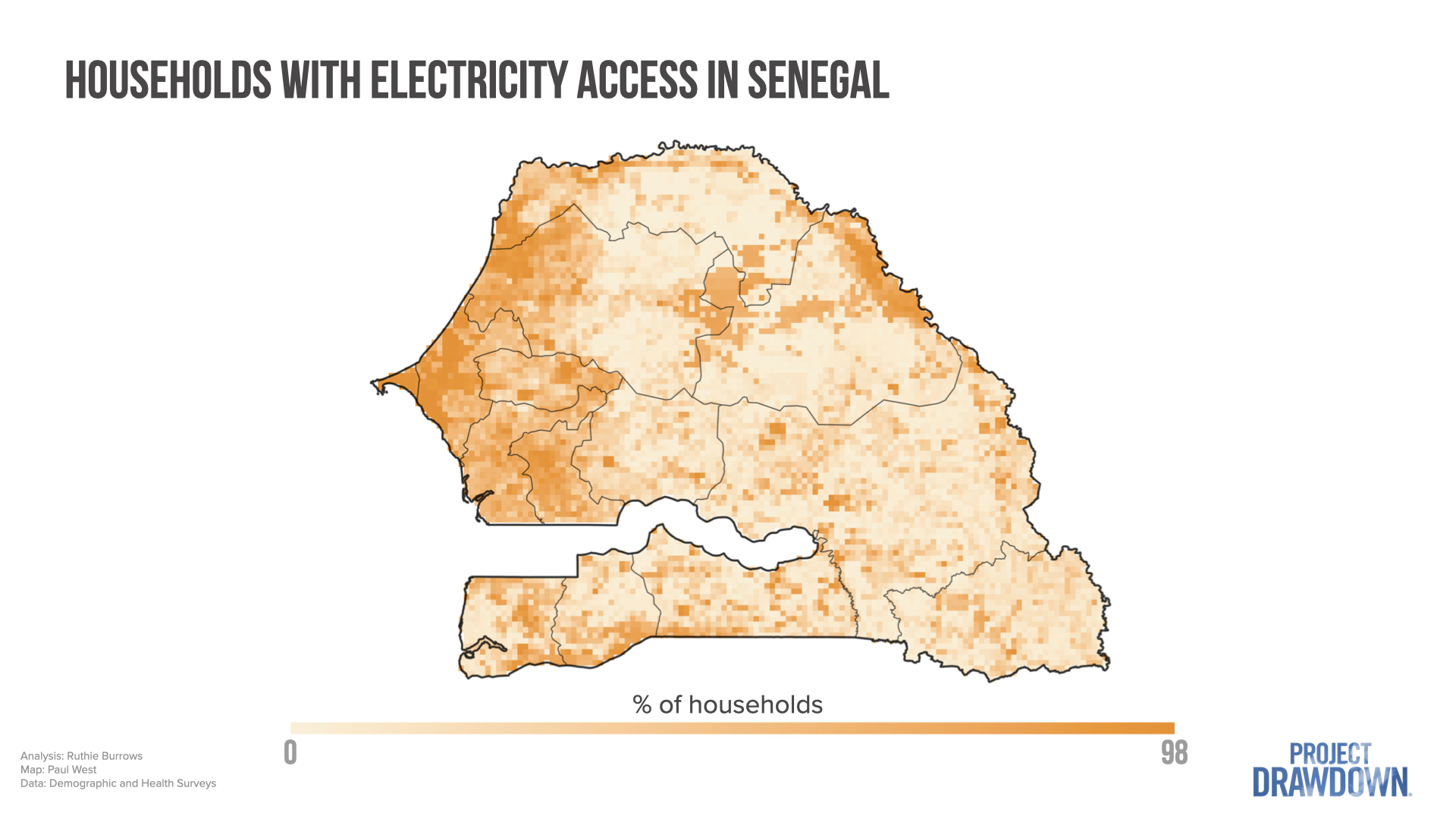Here’s how low- and middle-income countries will be the leaders of a better, more sustainable future
Climate change is affecting communities around the world, threatening human health and well-being.
However, neither the impacts of climate change nor its causes are equally distributed across populations. High-income countries bear the primary responsibility for climate change. In 2023, China, the United States, India, and the European Union were responsible for about 55% of global CO2 emissions. Yet, climate change will be most serious for people who live in areas where infrastructure and systems are vulnerable. These are areas where poor public health, low levels of formal education, poverty, and political marginalization preclude populations from coping and adapting to climate threats. This is the great injustice of climate change: low- and middle-income countries bear the brunt of the burden while contributing least to the problem.
However, this also presents an opportunity for low- and middle-income countries to become leaders in shaping the vision for a better, more sustainable future. There is a suite of climate solutions that can reduce emissions while simultaneously strengthening biodiversity and improving human well-being. Improved health, equity, and livelihoods increase an individual’s and community’s access to resources to cope and adapt to climate changes and hazards, easing the impacts of climate change on these populations. To be clear, stopping climate change is only possible if wealthier countries substantially and rapidly decrease their current greenhouse gas emissions and pay their fair share to developing countries based on historical emissions. But if we want to see what a sustainable, nature-based future can look like, low- and middle-income countries will be the example for the rest of the world. It is in these countries where solutions at the nexus of climate, nature, and human well-being can be most readily realized.
People and communities interact with their environments differently depending on social, environmental, and political contexts. Indicators like the Sustainable Development Goals tell us there are significant gaps in progress toward human well-being in low- and middle-income countries. The benefits of climate solutions in low- and middle-income countries are unique because there is a greater opportunity to develop what sustainable futures can look like while also improving human well-being.
According to the United Nations, progress on global health targets has slowed since 2015. Despite some improvements in the Sustainable Development Goals, about 65% of targets have seen marginal progress, stagnation, or even regression. Basic human rights like clean water, sanitation, food security, health, gender equality, and livelihoods are not being met and are projected to fall short of 2030 targets.
Humans, like all species on Earth, not only shape their environment but are also shaped by their environment. In terms of climate change, biodiversity loss, and human well-being, the choices we make are at the nexus of these interconnected challenges. Therefore, we often only appreciate the trade-offs, sacrificing progress on climate or biodiversity to improve human well-being. But in focusing on the sacrifices we miss the synergies where climate solutions can be leveraged to break that cycle and benefit both people and the planet.
Project Drawdown’s previous work has shown that human well-being and climate are linked, and solutions can work double duty to improve the livelihoods of populations and reduce emissions. Building on those efforts, we are now setting out to discover how aspects of human well-being like nutrition, poverty, clean water, sanitation, and gender equality can all be improved through carefully targeted climate solutions.
For example, our recent work in Senegal found that implementing village-scale solar could provide electricity access to rural populations while increasing household income, improving food security, increasing access to clean water and sanitation, and providing economic growth to communities. We also found that cooking fuels like liquified petroleum gas and electricity can decrease fine particulate air pollution, improve respiratory health, and reduce premature mortality while allowing women to save time that would otherwise be spent sourcing fuels like wood and biomass. Time saved is commonly linked to women pursuing other income-earning opportunities or participating in their community, fostering gender equality in the process.
Since the relationship between human well-being and the environment is complex, demographic methods that identify where populations could benefit the most from climate solutions are critical for targeting interventions at a sub-national level. Population data with geographic information like the Demographic and Health Surveys or the Living Standards Measurement Study can be used to generate maps revealing where the lack of critical infrastructure and support systems leads to vulnerable populations. These maps can then be used to target where climate solutions are most needed to benefit human well-being. In other words, they can provide a roadmap for low- and middle-income countries to exemplify how communities can prosper without jeopardizing the planet.
This vision for a better, more sustainable future that aligns human and environmental well-being in low- and middle-income countries is only possible through authentic collaborations with local partners and leaders who understand the needs of their community. People in low- and middle-income countries face multiple challenges that require a holistic approach. Strengthening partnerships that incorporate different perspectives and voices is essential to confront these challenges without perpetuating the injustices of the past. In all of our partnerships, Project Drawdown is committed to listening and supporting organizations working in low- and middle-income countries to target climate solutions where populations are most threatened and where human well-being can be most improved. If you are a leader driving change in low- and middle-income countries and are interested in collaborating, we encourage you to reach out.
Ruthie Burrows, Ph.D., is a population-environment researcher with interdisciplinary experience in geography, demography, and epidemiology. At Project Drawdown, she focuses on developing methods to integrate demographic data into climate solutions analyses.
This work was published under a Creative Commons CC BY-NC-ND 4.0 license. You are welcome to republish it following the license terms.

